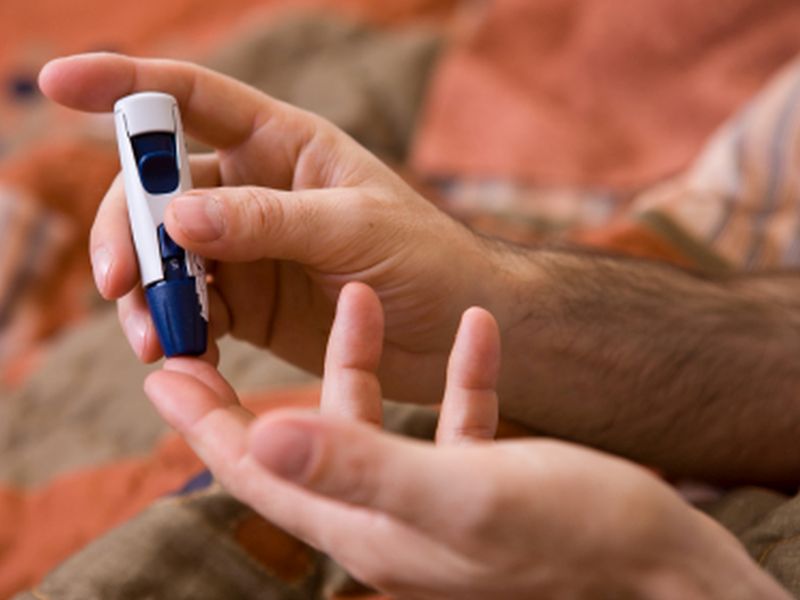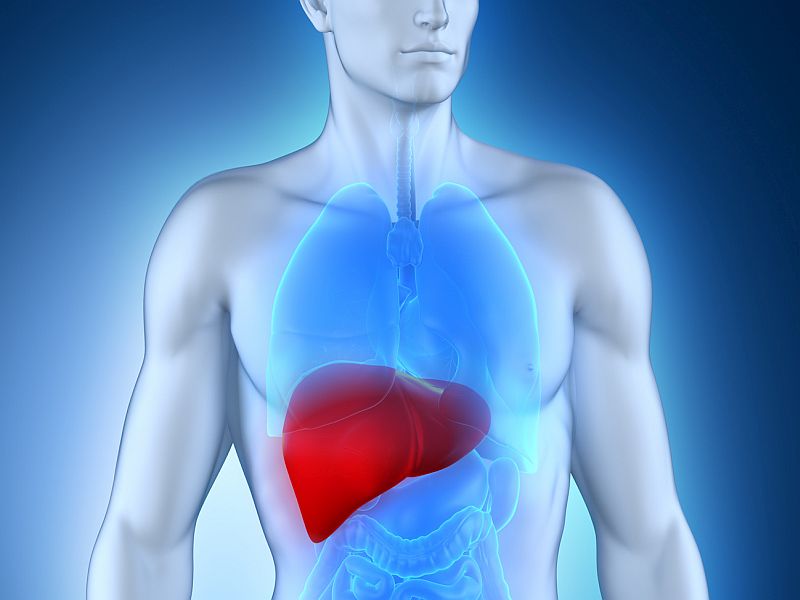
Using sulfonylurea drugs with or instead of metformin to control blood sugar increases type 2 diabetics’ risk of serious complications, a new study finds. Metformin is a first-line treatment for type 2 diabetes, meaning it is the first drug that will be tried. But sulfonylureas are the most often-used second-line treatment, commonly along with metformin.… read on >
















